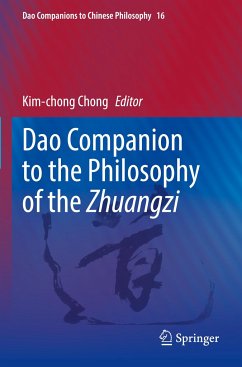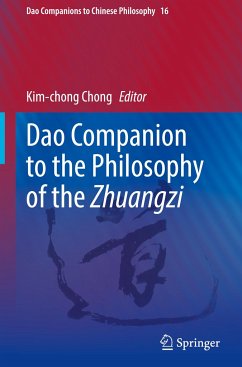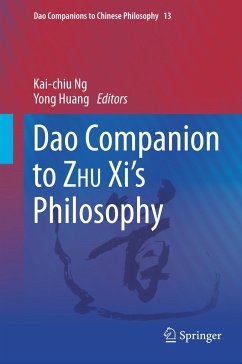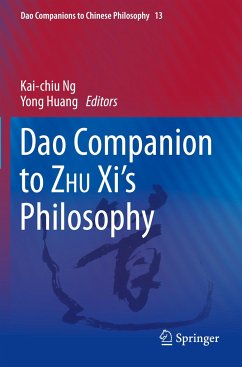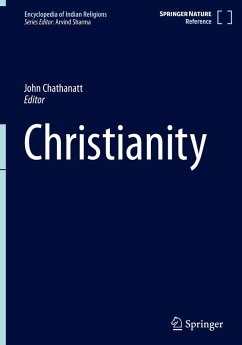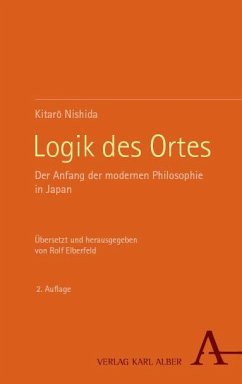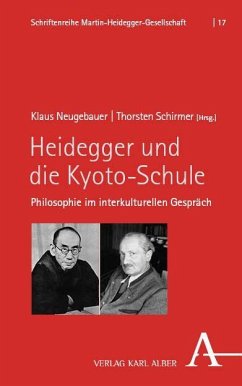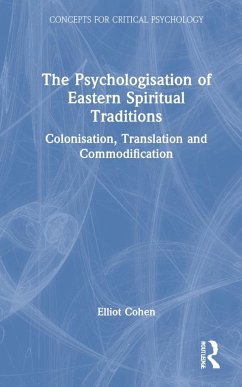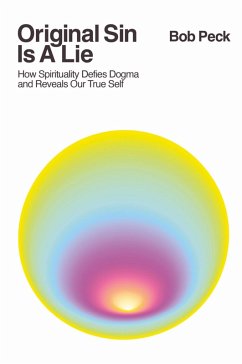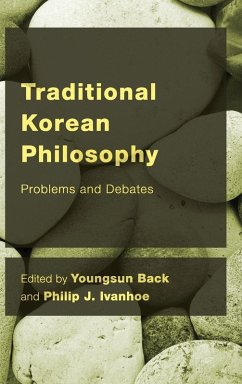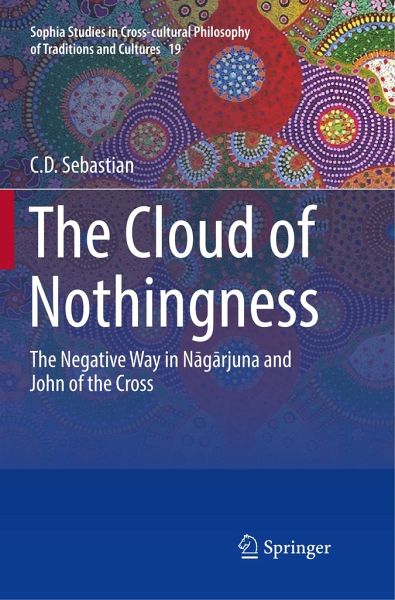
The Cloud of Nothingness
The Negative Way in Nagarjuna and John of the Cross
Versandkostenfrei!
Versandfertig in 6-10 Tagen
65,99 €
inkl. MwSt.
Weitere Ausgaben:

PAYBACK Punkte
33 °P sammeln!
This book explores 'nothingness', the negative way found in Buddhist and Christian traditions, with a focused and comparative approach. It examines the works of Nagarjuna (c. 150 CE), a Buddhist monk, philosopher and one of the greatest thinkers of classical India, and those of John of the Cross (1542-1591), a Carmelite monk, outstanding Spanish poet, and one of the greatest mystical theologians. The conception of nothingness in both the thinkers points to a paradox of linguistic transcendence and provides a novel insight into via negativa. This is the first full-length work comparing nothingn...
This book explores 'nothingness', the negative way found in Buddhist and Christian traditions, with a focused and comparative approach. It examines the works of Nagarjuna (c. 150 CE), a Buddhist monk, philosopher and one of the greatest thinkers of classical India, and those of John of the Cross (1542-1591), a Carmelite monk, outstanding Spanish poet, and one of the greatest mystical theologians. The conception of nothingness in both the thinkers points to a paradox of linguistic transcendence and provides a novel insight into via negativa. This is the first full-length work comparing nothingness (emptiness) in Nagarjuna (Mahayana Buddhism) and John of the Cross (Christianity) in any language. It augments the comparative approach found in Buddhist-Christian comparative philosophy and theology. This book is of especial interest to academics of Buddhist and Christian studies searching for avenues for intellectual dialogue.



